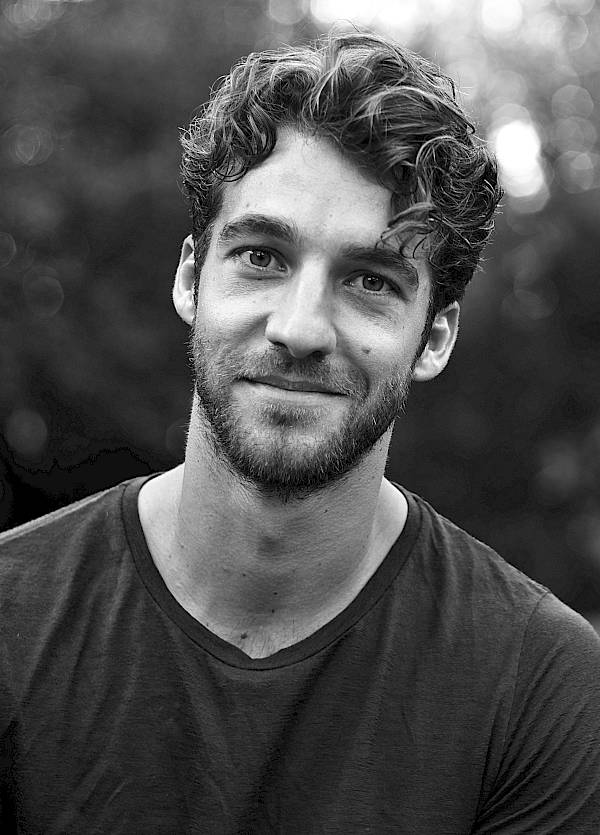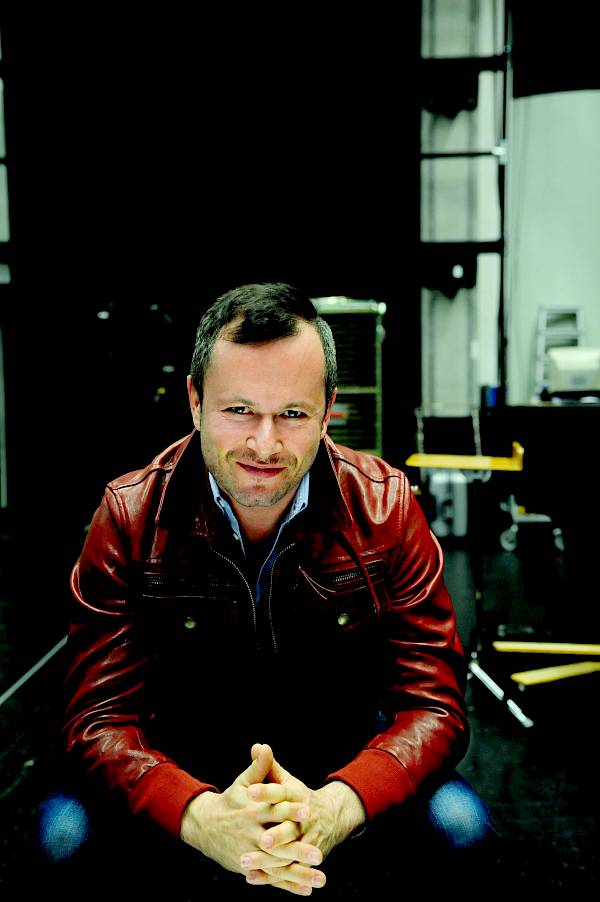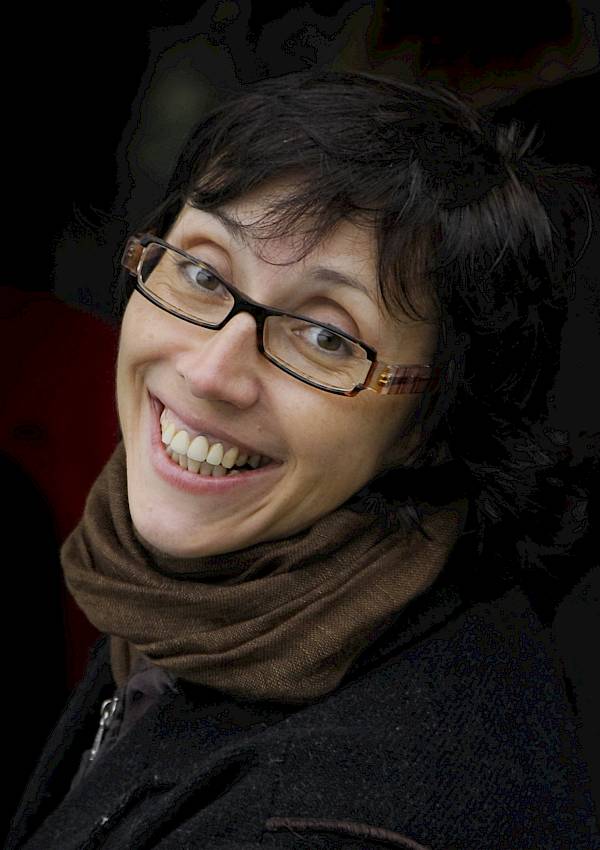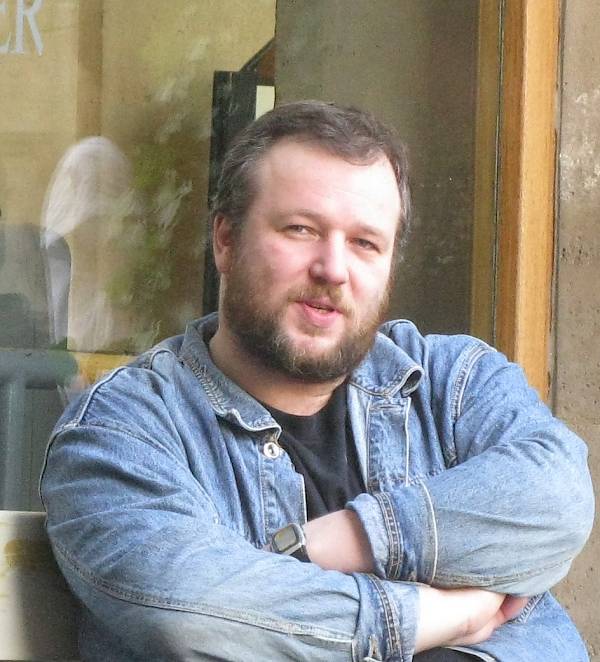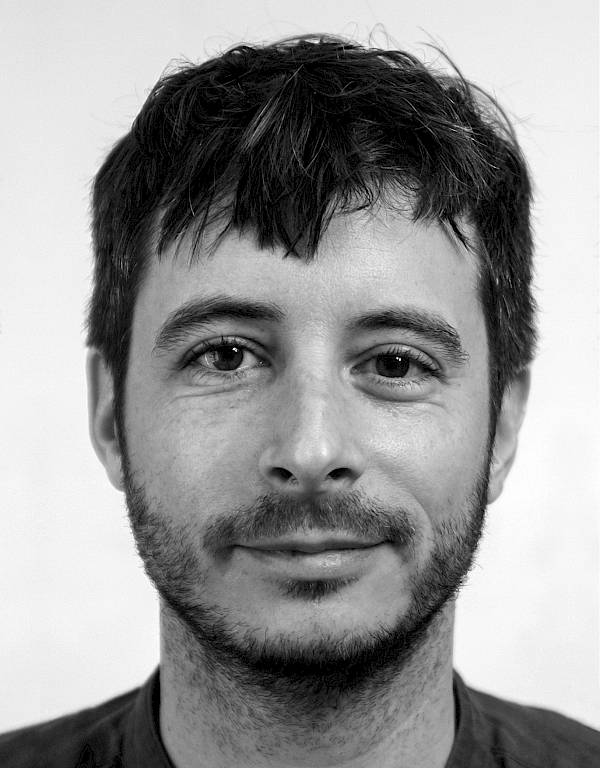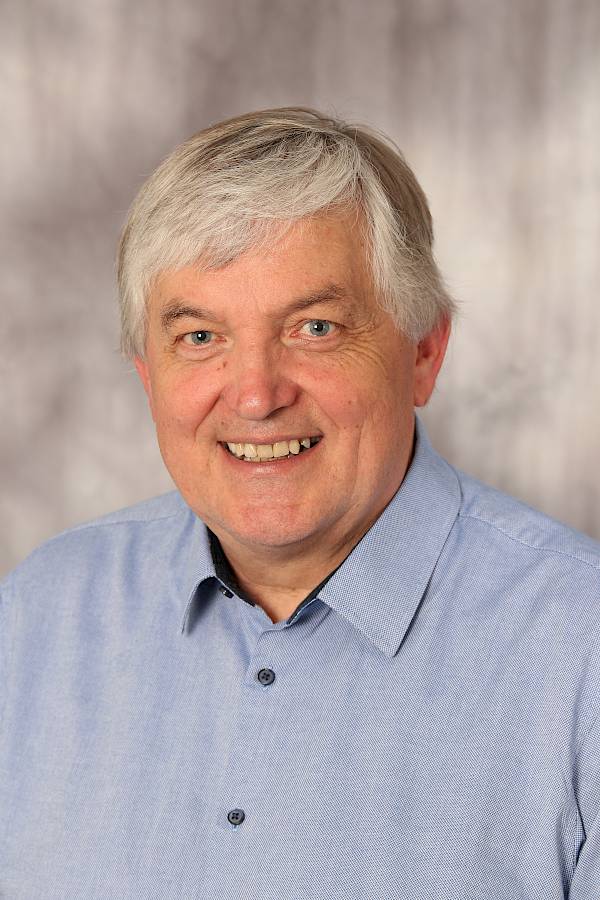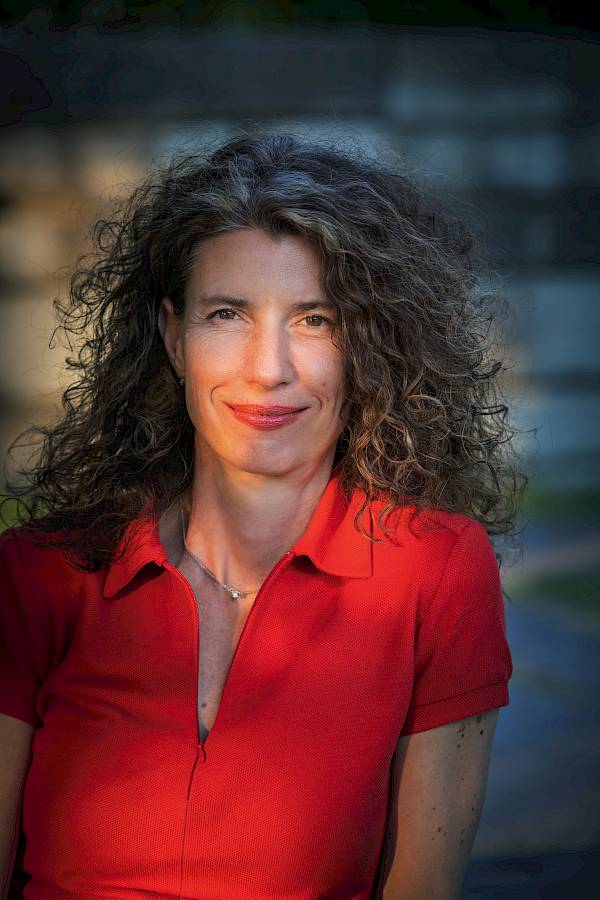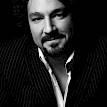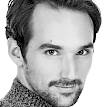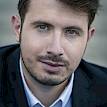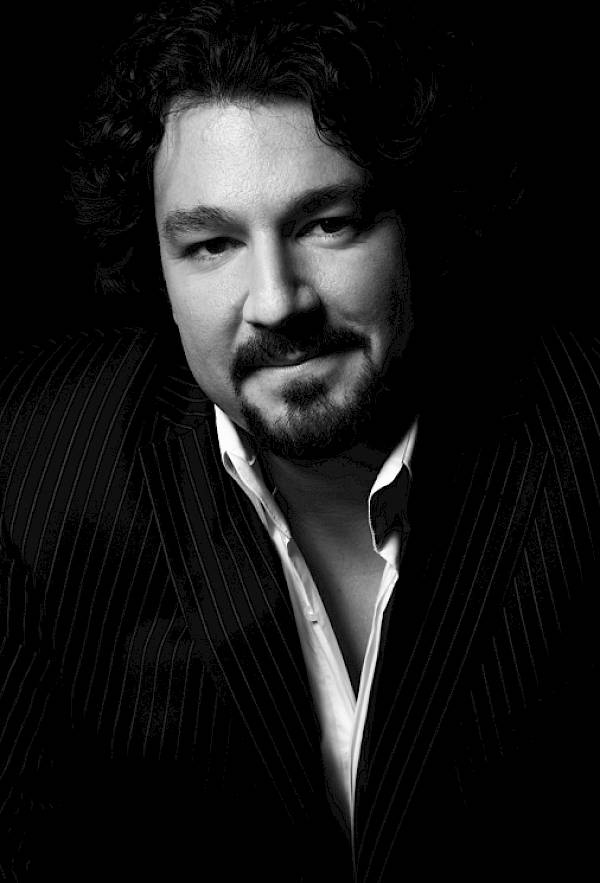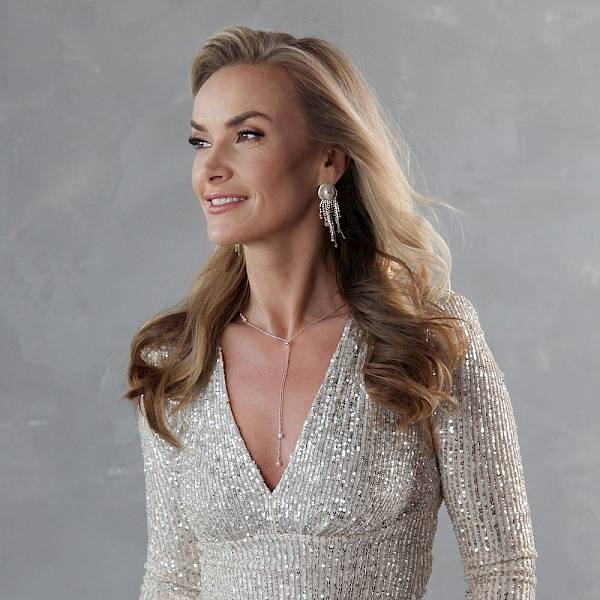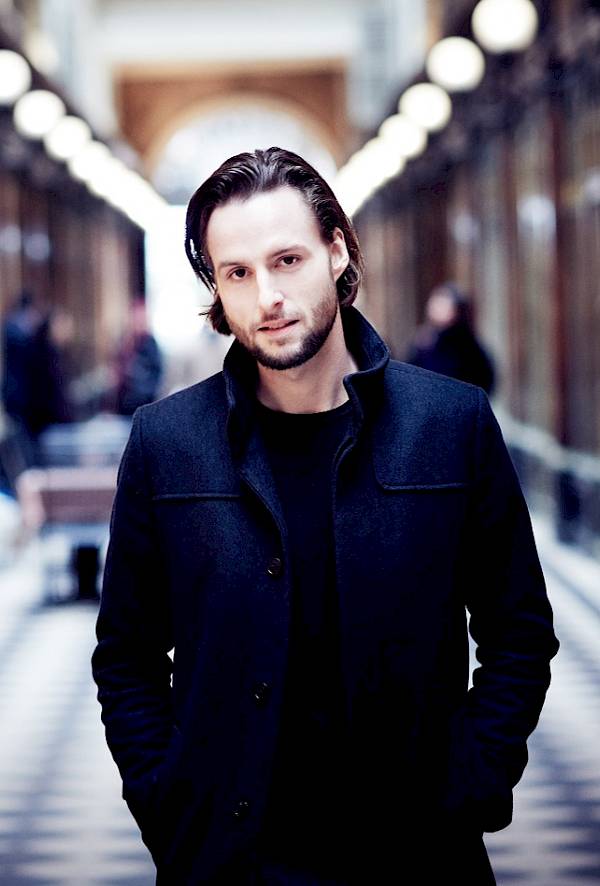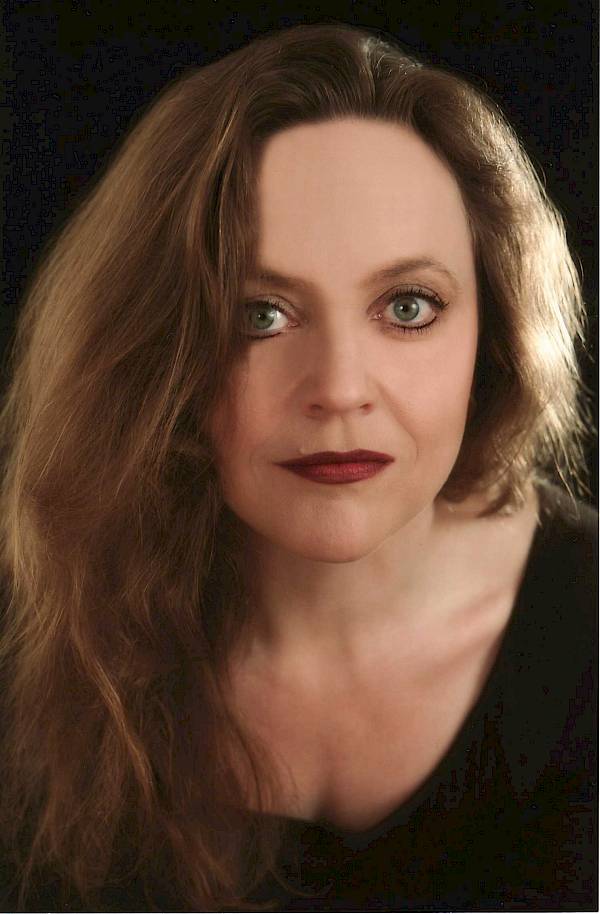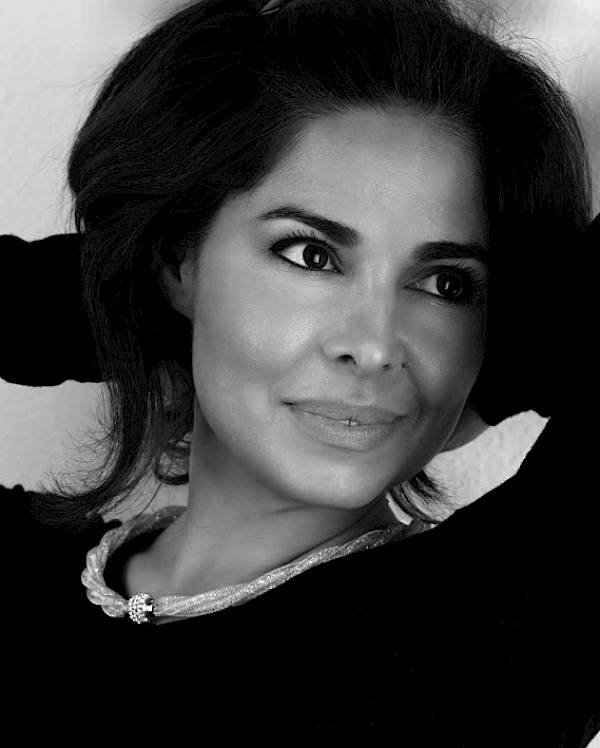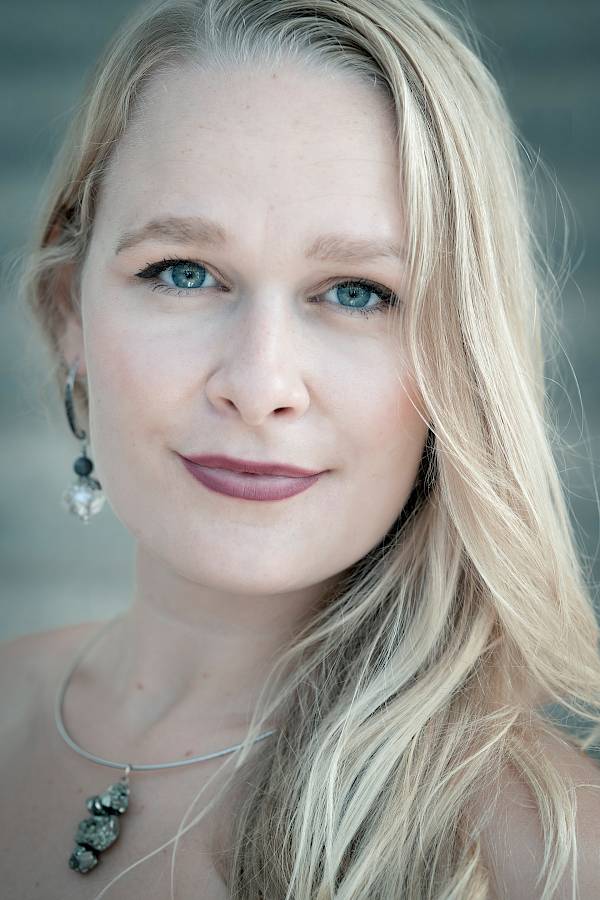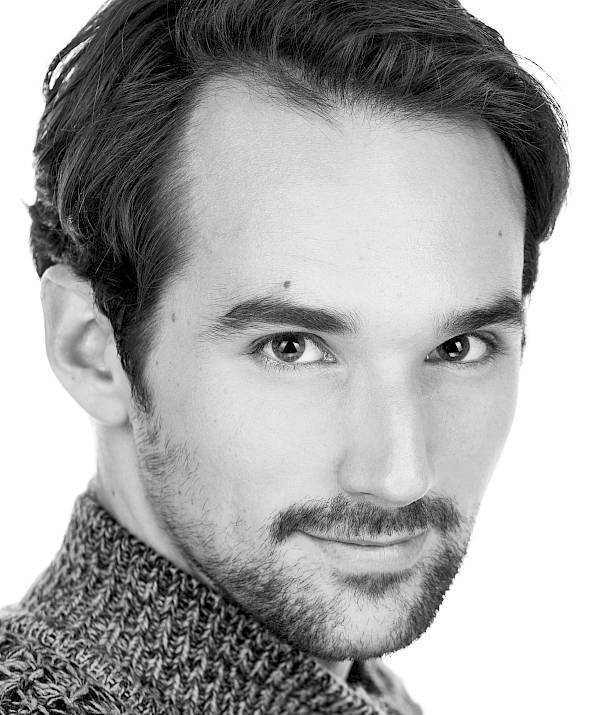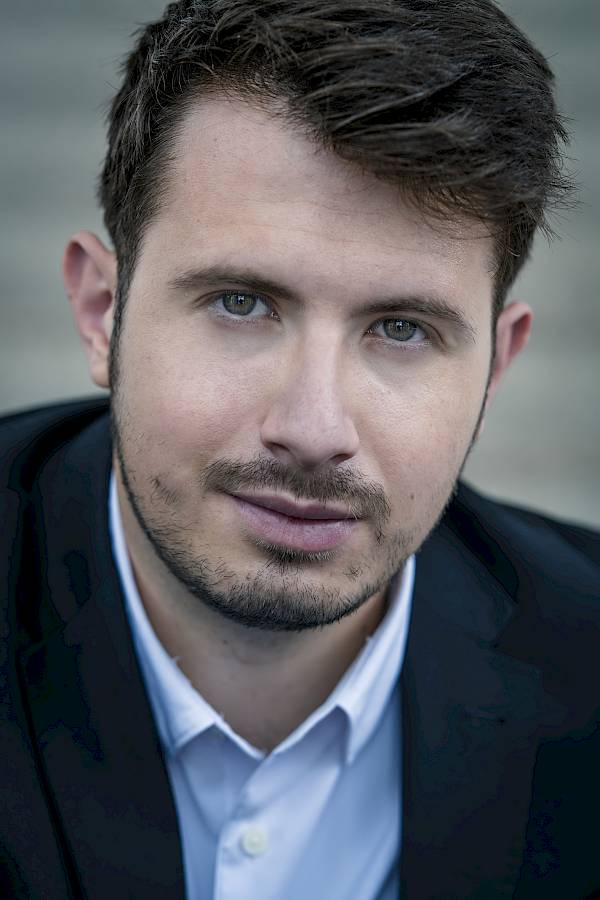Abstract
«Wie weit soll unsere Trauer gehen, ohne uns zu entwurzeln?» («How far should our grief go without uprooting us?») This sentence, spoken by the main character Paul, could be the motto for Erich Wolfgang Korngold’s opera Die tote Stadt. After all, it is about a young man whose beloved wife Maria has died young. Paul gives in completely to his grief over his loss, until one day the dancer Marietta – who looks very much like Marie – appears. Paul falls for Marietta, who awakens long-forgotten longings in him, and becomes obsessed. At the same time, however, he struggles with the feeling that he is being unfaithful to his late wife. As Marietta takes up more and more space in his life and increasingly rebels against the constant presence of the dead, Paul kills Marietta. But suddenly she is back in his room, alive and kicking. So was it all just a dream? World premiered in 1920, Korngold’s Tote Stadt is unmistakably influenced by Sigmund Freud’s Traumdeutung, or The Interpretation of Dreams, which was published some 20 years prior and described how repressed longings and unconscious fears can enter our consciousness through dreams. Of course, the importance of letting go of the past in order to face the future and continue living was also a central theme of the period after the First World War. The sensational success of the world premiere, which took place simultaneously in Cologne and Hamburg, proved that Korngold touched a raw nerve with the topic. This production marks the return of Dmitri Tcherniakov to the Opernhaus Zürich. A stage director who opened the first season of Andreas Homoki’s artistic direction, he returned to Zurich for Pelléas et Mélisande and Die Sache Makropulos after directing Jenůfa in 2012. Now he will take on Die Tote Stadt with a subtle touch and psychological precision that are characteristic of his directorial style. Swiss conductor Lorenzo Viotti, currently General Music Director at the National Opera in Amsterdam, will unleash the colorful orchestral frenzy contained in Korngold's score. Vida Miknevičiũte und Eric Cutler can be heard in the vocally demanding yet rewarding lead roles.



